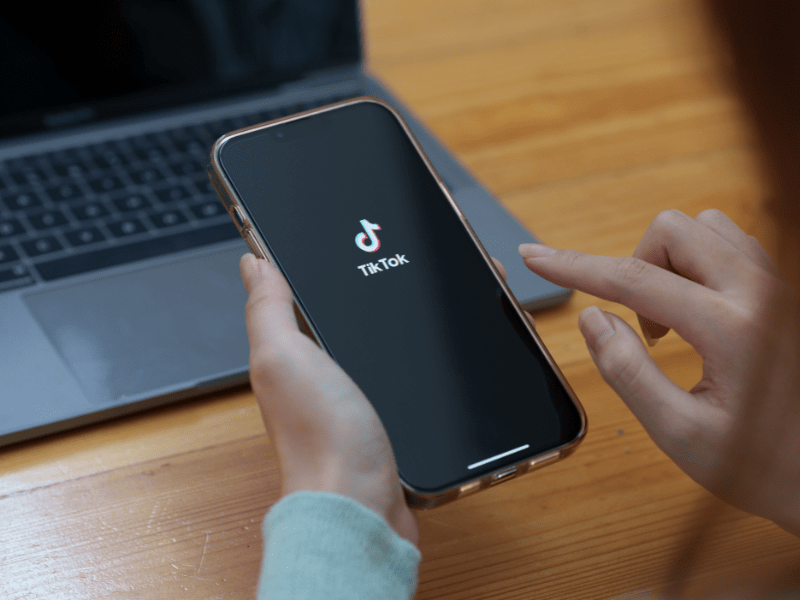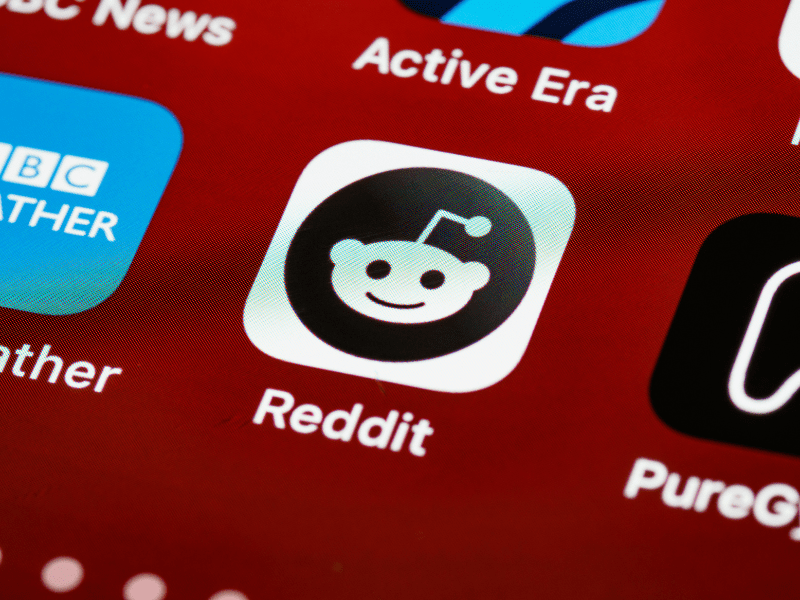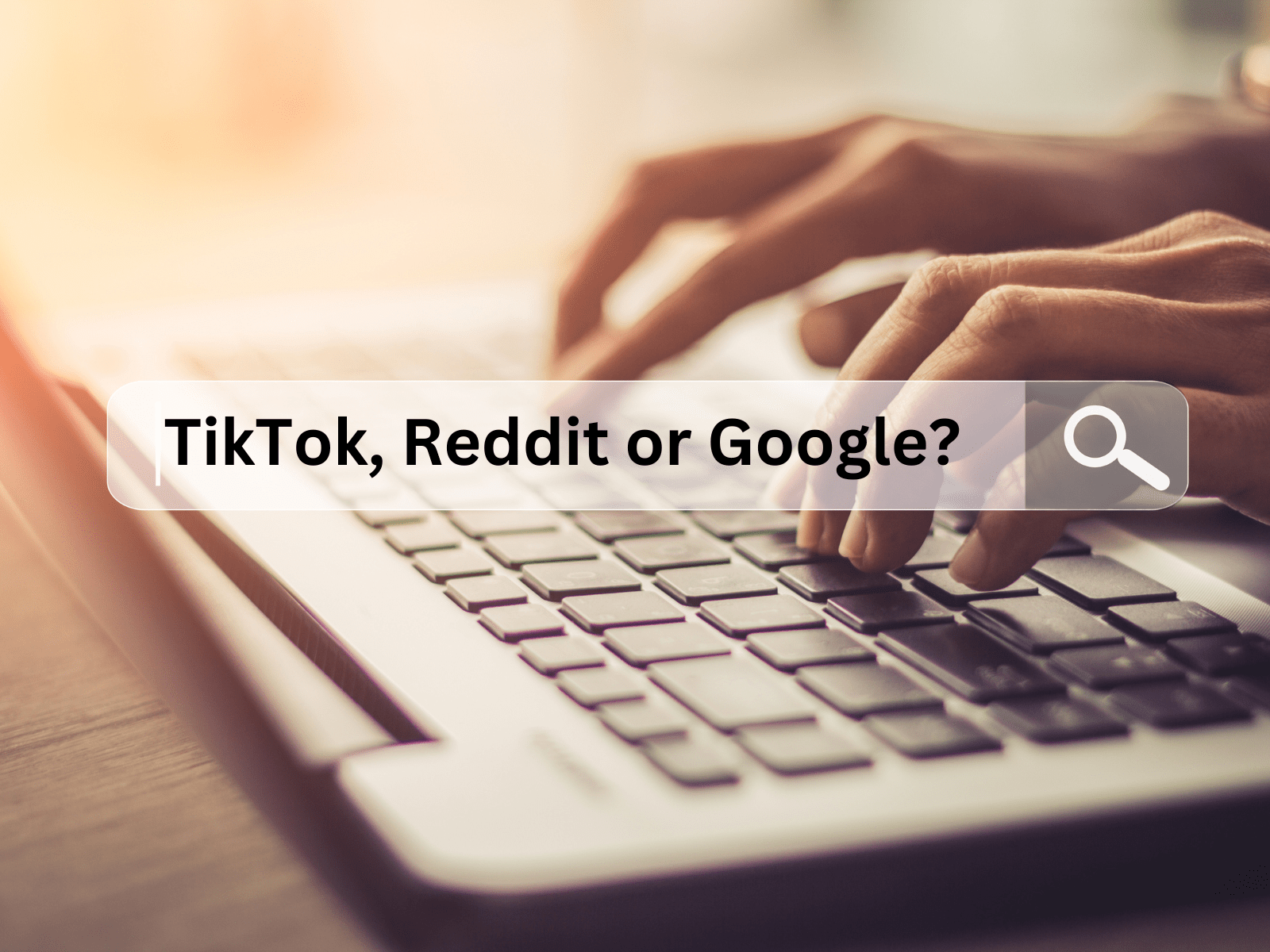The digital landscape has witnessed a noticeable shift in recent years as users increasingly turn to unconventional platforms like TikTok and Reddit for information. While Google has long been the go-to search engine, with engines like Bing even using it as its backbone, it’s apparent that people are exploring alternative methods to quench their thirst for knowledge. This transformation in search behavior is reflected in viral tweets, TikToks, and online discussions, where users express their concerns about Google’s declining utility and share more reliable methods of hunting down information.
Google’s Declining Utility and a New Generation’s Search Behavior
The Washington Post sheds light on the growing challenges that Google has been facing, pointing out that Google’s search results have become cluttered with ads, low-quality content, and information that may not always be the most reliable. This issue has frustrated users who previously turned to Google as their primary source of information. It’s also left younger users, notably Gen Z, feeling frustrated.
The New York Times delved into the search behavior of the younger generation. Gen Z, in particular, has been spearheading the shift from traditional search engines to social media platforms like TikTok. TikTok has become a hub for quick, informative video content, with users sharing knowledge on a wide range of topics in entertaining ways.
TikTok as an Information Hub
TikTok’s format has made it particularly popular for disseminating information. The platform’s short video clips provide an efficient way to consume knowledge in a visually appealing manner. As the platform has moved towards favoring longer content, videos have become more nuanced and informative. Users upload content about science, history, cooking, and countless other subjects. Moreover, the platform’s algorithm learns from user interactions and shows content aligned with their interests, making it an effective information source.

Reddit’s Role in the Transition
Reddit, a long-established online forum, has also played a significant role in this transition. Known for its vast array of “subreddits,” which cover nearly any topic imaginable, Reddit has been a reliable source of information for years. Users can ask questions, share insights, and participate in discussions with like-minded individuals or experts in various fields. This fosters a sense of community, trust, and credibility that many find lacking in Google’s search results.
Expert discussions are a notable utility of Reddit. Reddit AMAs (Ask Me Anything) are staples of the platform, with influencers, celebrities, and even science experts hosting AMA forums to connect with followers and share insights.
Social Validation and Trust
One notable aspect of TikTok and Reddit’s rise as information hubs is the element of social validation and trust. These are social media platforms where users build parasocial relationships with content creators and engage in community with other followers. These communities help each other fact-check and add context to the information creators share. This interactive aspect instills confidence in the accuracy of the information they find.

The Viral Shift
The transformation in search behavior is evident on social media platforms through viral tweets and TikToks that express dissatisfaction with Google and propose alternative methods of finding information. Users share anecdotes about how they’ve learned fascinating facts, received helpful advice, or discover hidden gems on these platforms, fostering a sense of community among those searching for information beyond conventional means.
A Caution
While users are turning to sites like TikTok and Reddit to help them find information, as past controversies with Facebook have proven, these sites aren’t safe from misinformation. In fact, the viral nature of these sites makes it incredibly easy for misinformation to spread. It takes only one person, whether an influencer or a follower, with low media literacy to spread inaccurate or outright false information.
The dissatisfaction we’re seeing with Google isn’t a new phenomenon. We’ve seen this play out before with other search engines. We’ve also seen people turn to other social media platforms like Facebook and Twitter (now X) as information alternatives. Like Google, these sites use algorithms to determine what information to show. Because these algorithms, in part, favor user activity, it means that information a user finds may be subject to confirmation bias.
In a digital age where information is at our fingertips, it’s no surprise that people are diversifying their search habits. As we move forward, it is more important than ever to team up with a digital marketing agency that understands these changes, both now and similar changes in the past. Contact us to learn what Media Components can do for you.




